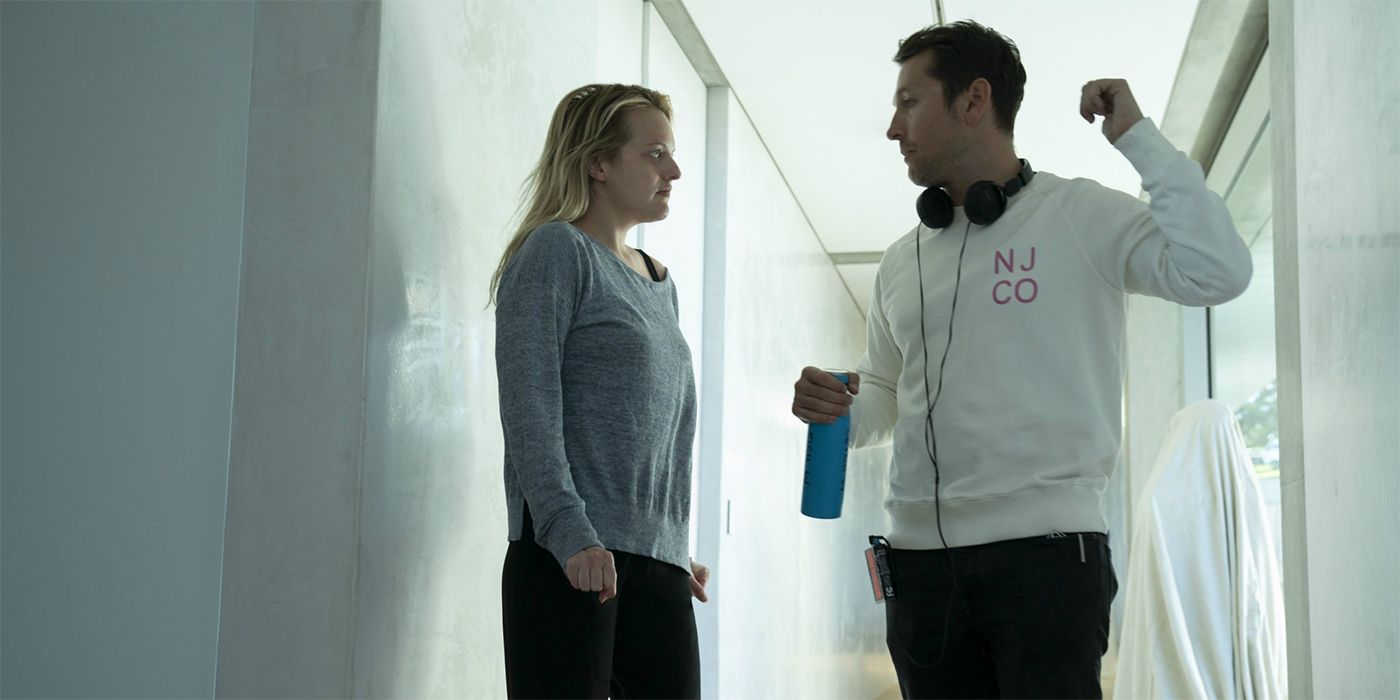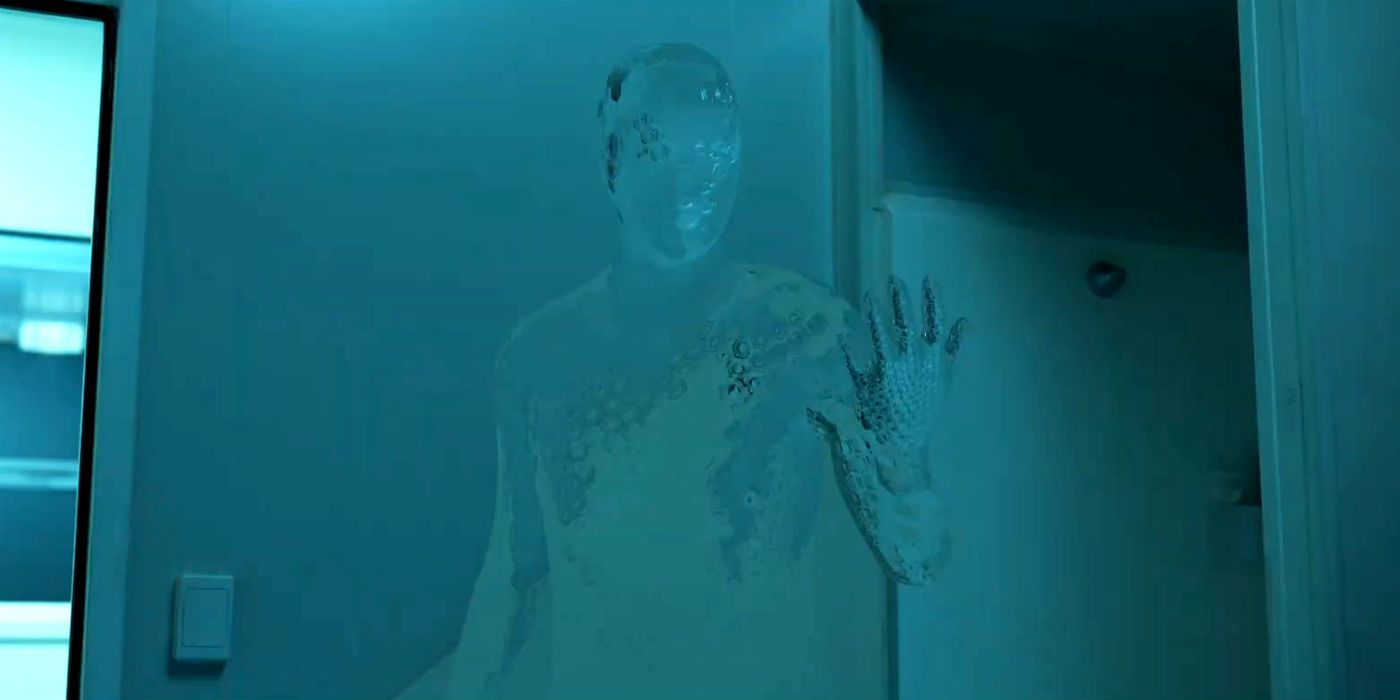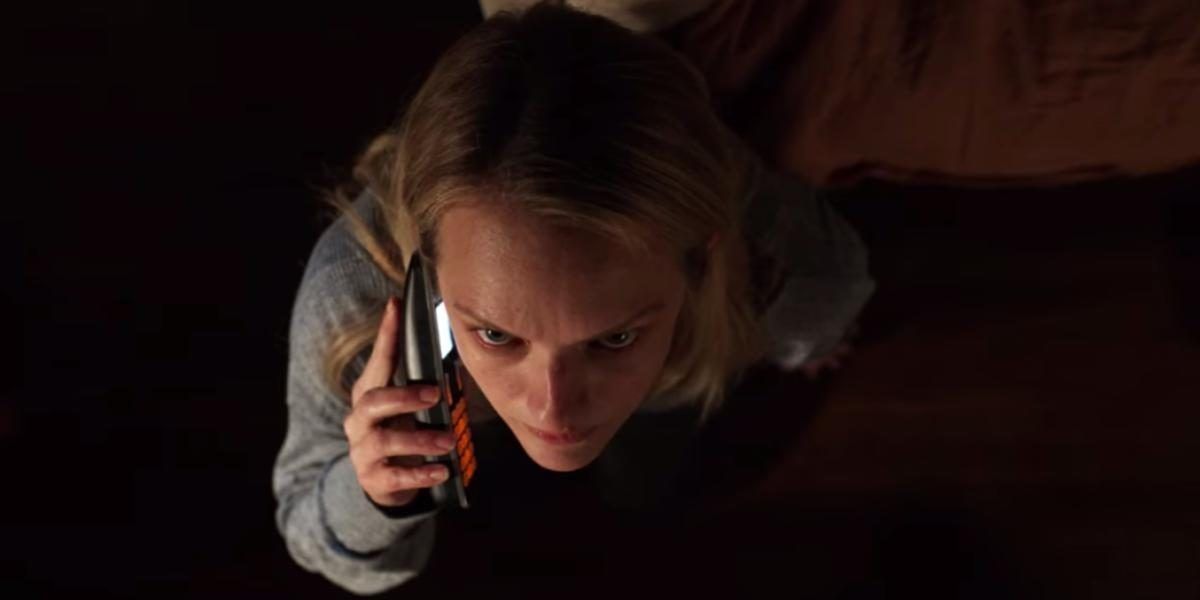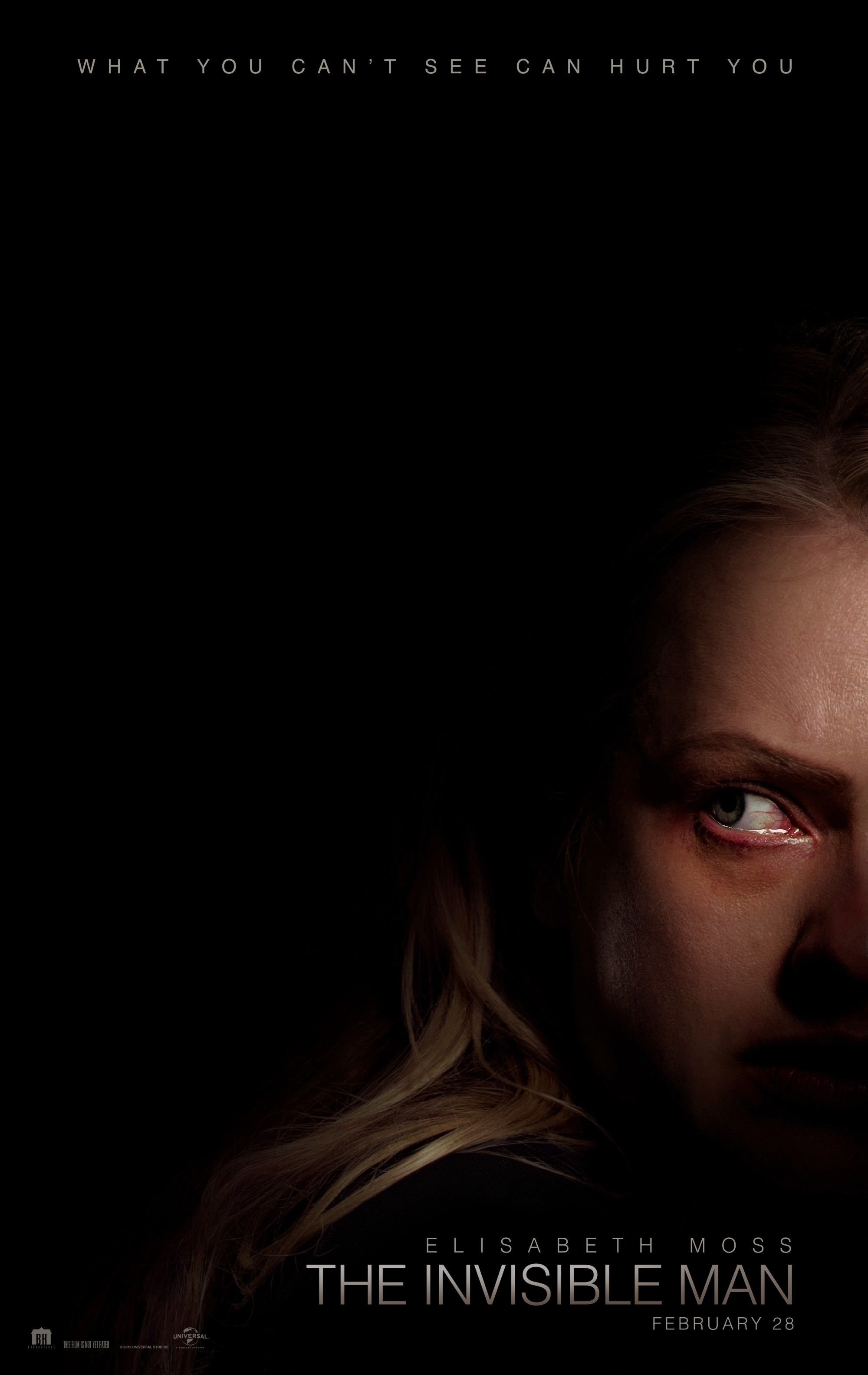The Invisible Man, a joint project between Universal and Blumhouse Productions, aims to reinvent the wheel in more ways than one. Originally planned as part of Universal's Dark Universe, the idea was reworked after 2017's The Mummy failed to revive the studio's monster movies. Director and screenwriter Leigh Whannell then approached the story with a new perspective: make the film about the victim instead of the villain.
While still based on the H.G. Wells novel of the same name, The Invisible Man focuses on a woman named Cecilia (Elisabeth Moss) who narrowly escapes her abusive boyfriend Adrian's (Oliver Jackson-Cohen) clutches only to find herself still haunted by him after his apparent demise. The trailer leaves no doubt as to what is happening - Adrian is using the power of invisibility to torture Cecilia as she tries to move on - but the question is how she will eventually defeat him.
Whannell sat down with Screen Rant in anticipation of the film's February 28 release to discuss his inspiration behind the project, the importance of listening to other perspectives, and his own monster movie desires for the future.
What first inspired you to flip the script on this story and make it about the victim?
Leigh Whannell: I think what inspired me was the idea of making The Invisible Man scary. I don't know that I've seen a truly terrifying Invisible Man movie. I've obviously seen the original film, but it plays in a very historical context. You know, what scares audiences in 1933 isn't going to work in 2020.
So, my first thought was, "How do I make this character truly chilling and terrifying?" And that led to me thinking, "Well, you've got to make him mysterious." The film can't be about the Invisible Man; it needs to be about the victim of The Invisible Man, the person that he's stalking. And that was basically it. That was how I came up with that.
And you did an amazing job in the script, and with everything in the production giving us the message that you have to believe her story, without hitting us over the head with it. How much did you delve into the abusive backstory with the actors when you were discussing it? Because the story stems from that, even though we don't get to see their relationship.
Leigh Whannell: I mean, I talked to Lizzie a lot. Elisabeth and I had a lot of conversations. Before we started shooting, we would sit in a room for hours - we would set aside three or four hours to just sit and go through the script and talk. And she really gave me this invaluable female perspective on it that I needed. That was the missing piece of the script; that true female insight.
She would talk to me about situation she'd been in where she was uncomfortable. And she's lived through, like many women, relationships like this; where she's felt unsafe or she's felt that the person is manipulating her or being verbally abusive. So, there was this firsthand insight into it. And that was, I think, the piece we needed to finish the film.
Also, I loved the way that the set was so open. Especially his house, where everything is glass and feels so visible. Was that on purpose? He's invisible, so everything else is visible.
Leigh Whannell: It was a very deliberate choice for that exact reason you stated. The thing is, whenever I make a film - any film, but even a thriller like this - my first question is, "What am I going to do that's unique? How can I make this different?" And the thing that comes to mind is the Invisible Man doesn't need shadows to hide in. This is not a monster that needs to hide in the darkness. He could be standing next to you in a brightly lit dentist's office, and you wouldn't know.
So, I said to the cinematographer, "We need to turn the lights on." I've made a lot of horror films with the lights off. Now we're going to turn them on, which is disappointing for him to hear because cinematographers love darkness. They want to shoot shadows, and he doesn't exactly want to turn the lights on. It's not a pretty image. But I said, "We're going to do something different here. We're going to turn the lights on."
I gave him the attic scene. He got to do it in complete darkness.
Is there any other monster myth, Universal or otherwise, that you would like to like to tackle?
Leigh Whannell: Oh, man. You know, it's funny. I feel like Steven Spielberg dropped the mic on shark movies after he made Jaws. He's like, "Bye! Good luck making another one of those." Nobody has been able to make, I think, a really truly effective shark movie.
There's been some good ones, some fun ones like Deep Blue Sea, over the years. But I always feel like the shark is the... Who can do that again? Because it's been a long time since Jaws came out. Is anyone capable?
Although, now I feel terrible saying that, because sharks are endangered. Let's scratch that. I don't want to make sharks extinct. They're gonna have to do a when animals attack movie. We'll split it 50/50.




